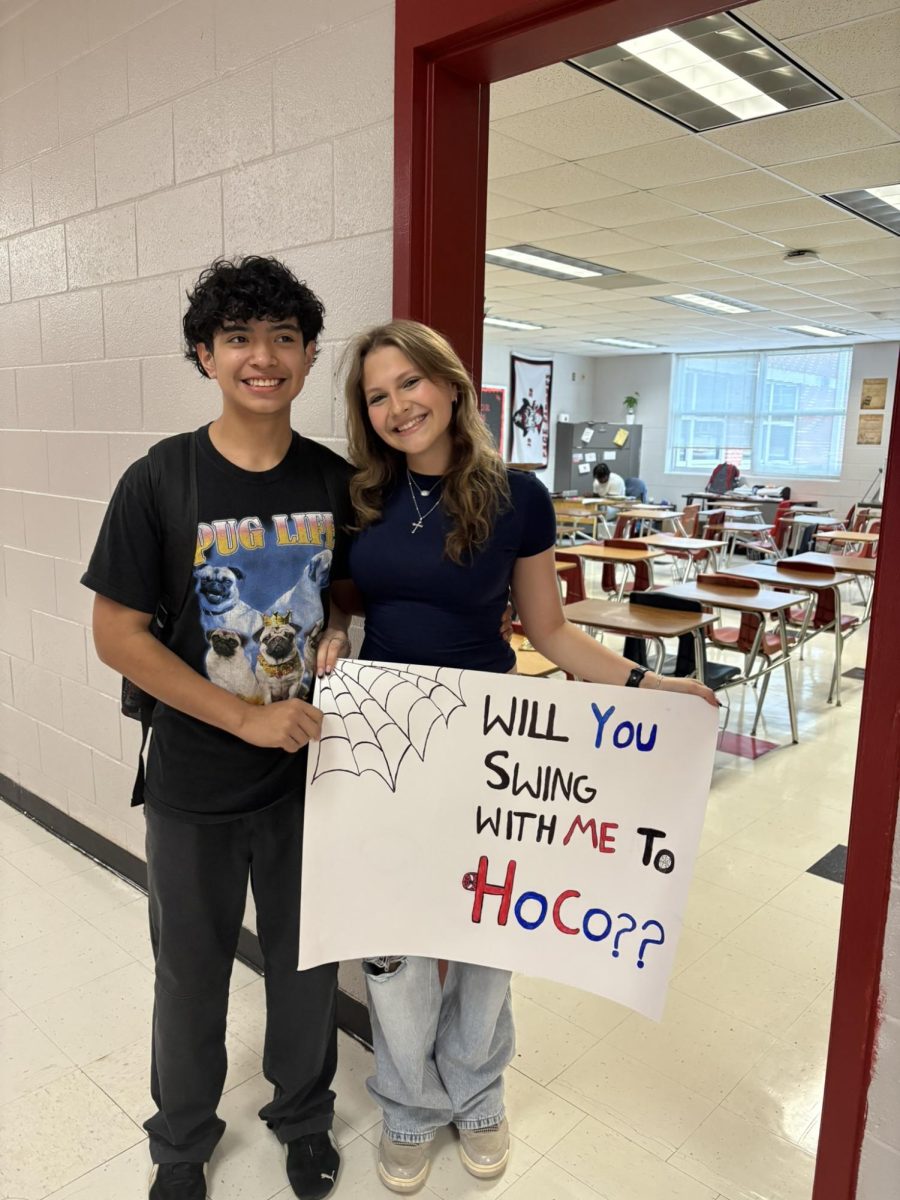There is no mistaking the bright red warning signs teachers give students, marked in
bold letters spelling; “Procrastination! Keep out!” However, as a student, it’s nearly impossible to
find the motivation to move forward once you’ve hit that screeching halt at Procrastination
Station. After years of experiencing this cycle of stress, anxiety, and fatigue, one unavoidable
truth becomes clear: procrastination is eerily similar to burnout, with the main difference being
how deeply it affects you.
What exactly is burnout? Great question. Academic burnout is defined as a negative
emotional, physical, and mental response to prolonged study, resulting in exhaustion; which
sounds a lot like procrastination, right? No motivation? Negative emotions? Sounds the same to
us! But in reality, burnout is about not having enough left to give. “Being burned out means
feeling empty, mentally exhausted, devoid of motivation, and beyond caring.” says Melinda
Smith, M.A. Without rest, burnout can physically affect you too, leading to sickness, stomach
aches, migraines, and trouble eating or sleeping.
If you procrastinate, don’t worry- you’re not just being lazy. Researchers from the
American Counseling Association say that people procrastinate for various reasons, including
aversion to a task, fear of failure, frustration, self-doubt, and anxiety. “There’s not one answer to
what procrastination is because [there are] so many things that lead to it,” says Rachel Eddins,
a licensed professional counselor and American Counseling Association member.
Procrastination can also coincide with mental health issues like ADHD, eating disorders,
perfectionism, anxiety, and depression, because it is often an avoidance strategy.
So we know the differences… But how do you fix it?
1. Accept Yourself.
It all starts with acceptance. Everyone procrastinates at some point. Imagine you’re talking to
your younger self, be kind to them, self-compassion is key.
2. Take Time for Quality Rest.
Rest isn’t about mindlessly scrolling on your phone. Make time for a nap, meditation, reading a
book, or going for a walk. Burnout loves to creep in when we forget to truly recharge.
3. Talk to Someone- Anyone!
If you were drowning would you just sink or flail around for help? Whether it’s a friend, teacher,
counselor, or family member, telling someone what’s going on can act as a life preserver, then
it’s not so scary.
4. Take Social Media/Entertainment Breaks.
Social media can drain the energy out of you. Instead of pulling out your phone when you get
home from school, try powering it off. You’ll be surprised at how much better you’ll feel.
5. Change Your Mindset- Surround Yourself with Positivity.
Your brain is a powerful tool. Learn to show gratitude for things, flip any negative thoughts you
catch yourself thinking into the positive version . Fill your space with things that lift you up-
positive people, music, quotes… Our brains are like sponges, so absorb the good stuff.
6. Start with One Thing.
The hardest part of escaping procrastination is just starting. Focus on one thing- one
assignment, one chore, or one task- and go from there. Don’t let yourself stress on what you
have to do instead of just doing it, take things slow.
7. Move Around- Exercise.
Physical movement can help break up mental fog and release endorphins. Whether it’s a full
workout, a walk outside, or even stretching, getting your body moving will energize you, not to
mention it’s the fastest way to feel instant results.
8. Remember: Taking Care of Yourself Is Productive.
Productivity isn’t just about checking things off a list. Taking care of yourself mentally and
physically is just as important. When you’re well-rested and feel good, the work becomes easier
to manage. There is no “perfect” so don’t beat yourself up for not being it, all we can do is our
best and watch our best get better.
The truth is, there’s no universal cure for procrastination. As much as I’d love to say,
“Just write a to-do list and complete everything on it- hooray, you’re cured!” that wouldn’t be
accurate. But there is one thing stronger than the dreaded procrastination, and that’s motivation.
When procrastination is an avoidance problem, the solution lies in acknowledging it and finding
a way to motivate yourself. But when it’s burnout, the solution is rest.
The key is being brutally honest with yourself. Procrastination loves to disguise itself as
burnout, tricking you into thinking you need a break when you really need a push. But once you
push through–finish that assignment, go for that run, finally clean your room–you’ll find you can
rest more easily. No crushing stress, or Sunday scaries, so let that be your motivation. If you’re
procrastinating right now, imagine the relief you’ll feel when you’ve crossed that finish line. A
little stress is normal–it keeps you going–but when it becomes overwhelming, that’s when it’s
time to pause. Be kind to yourself, know your limits, take breaks when needed, and push
yourself when you can. That’s how you make progress without falling into the trap of not doing
anything ever.
Categories:
How to Not Do Anything Ever: Is it Procrastination Or Burnout?
Naomi Creason, Staff Writer
September 20, 2024
1
More to Discover
About the Contributor

Naomi Creason, Staff Writer
Hi! My name is Naomi Creason. I’m a senior at Page. This is my first year writing stories for PagesByPage, but not my first time reading them. I plan on going to University to pursue a career in writing/English Literature so it’s very exciting to be a part of this group of talented writers. I hope this year is great and filled with well-written good news!









